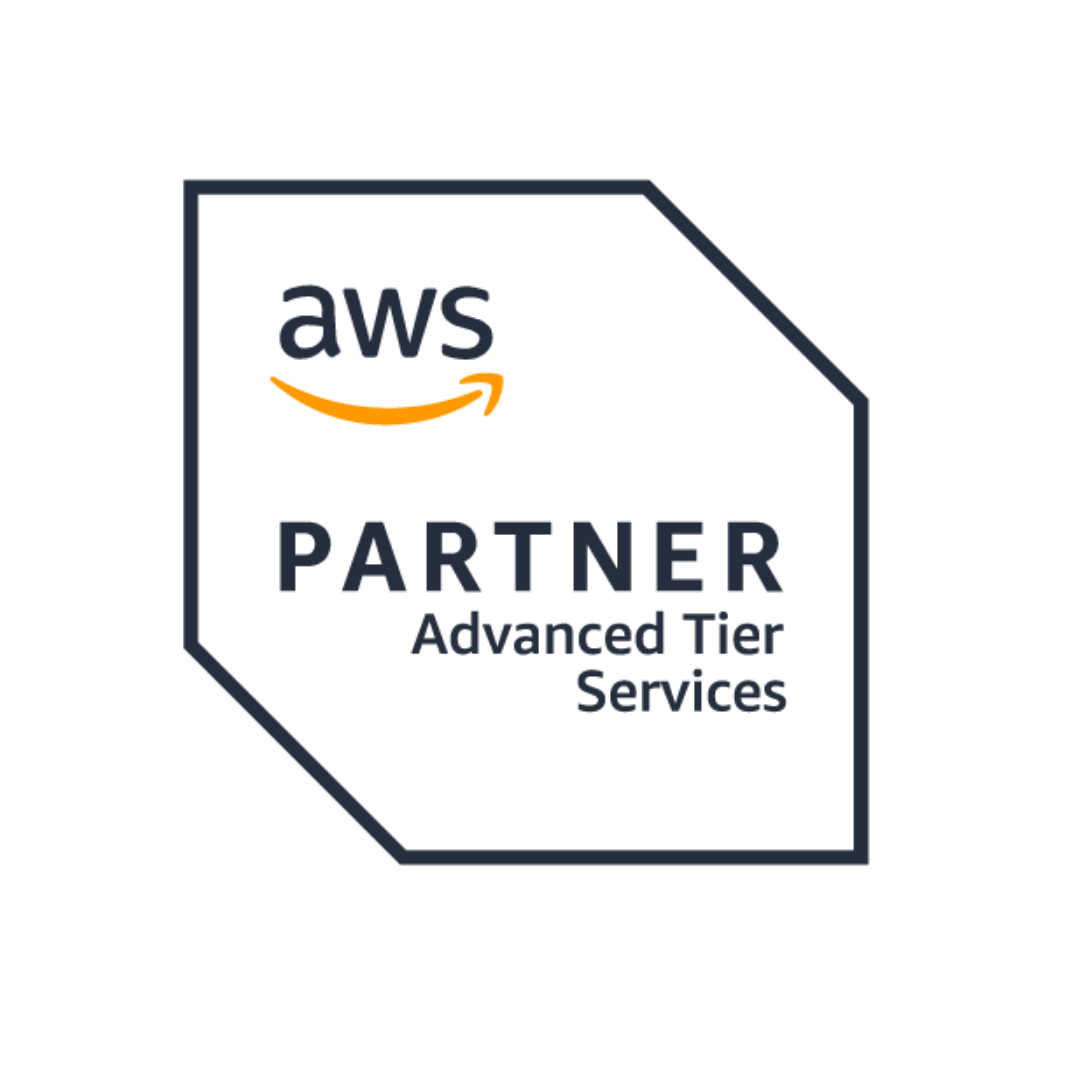
Cloud computing is currently one of the most popular buzzwords, but few actually know what it means. So what is it, what are its types and benefits?

Cloud computing
The definition is rather simple – the provision of services and virtual servers that users can access remotely via the Internet.
If an app developer or a company decide to migrate to the cloud, it means that they will use the services of the cloud computing provider, that is Amazon Web Services (AWS), Microsoft Azure, Google Cloud
However, in order to be able to successfully and smoothly move to the cloud and enjoy all the benefits, they must ensure the creation and management of IT infrastructure, data and application migration.
Cloud types
So far we encounter three cloud types: private, public and hybrid. They differ in the amount of user involvement in their management.
Private cloud
It can be physically located in the company’s local data center, or it has a paid hosting. It is used by a single company or organization. All changes, services and infrastructure are carried out in a private network, and this requires its own IT team.
Public cloud
Here we are talking about cloud service providers that deliver servers and storage virtually, via the Internet. And among those providers are AWS, AZURE, Google Cloud or Oracle. The advantage of a public cloud is that you do not need to have your own IT team. Many providers have certified technical companies, us among them, that help with setup, data migration and administration. The user accesses the data, infrastructure and apps via a web browser.
Hybrid cloud
Hybrid cloud is a combination of private and public cloud. This interconnection facilitates sharing of data and apps. Its benefit? The private cloud hosts important apps and data, that require higher level of protection. On the public cloud, there are applications and data that can be used by external entities and team members for work and further sharing.
Cloud computing benefits
➢Speed
Whether you need to change, modify, test or add new versions of data and apps, cloud makes everything happen rather quickly. The user often provides these services himself, if he understands the issue a bit, or the provider provides them.
➢Financial costs
The virtual storage removes the need to purchase hardware and software, keep an IT team to maintain the hardware and operation of the data center. The cloud charges only for the capacity used, which can be constantly changed due to scaling as per the demand.
➢Productivity and performance
The largest cloud providers take care of their operation, security and system upgrades on a daily basis, so the user always has the latest version available, can scale the storage, application volume and performance as needed and work with external entities regardless of geographical location.
➢Reliability and protection
Thanks to technologies and control elements, the cloud providers ensure the most modern security for the user, and thanks to backups, the user can be certain not to lose his data and applications.
Related articles

Unlocking Data Transfer Efficiency with AWS Snowball

Navigating Cloud Governance with AWS Control Tower


Get in touch with us
Tell us more about you and we'll connect you with a TrustSoft expert who can give you more information about our products and services.
Our valued
clients


